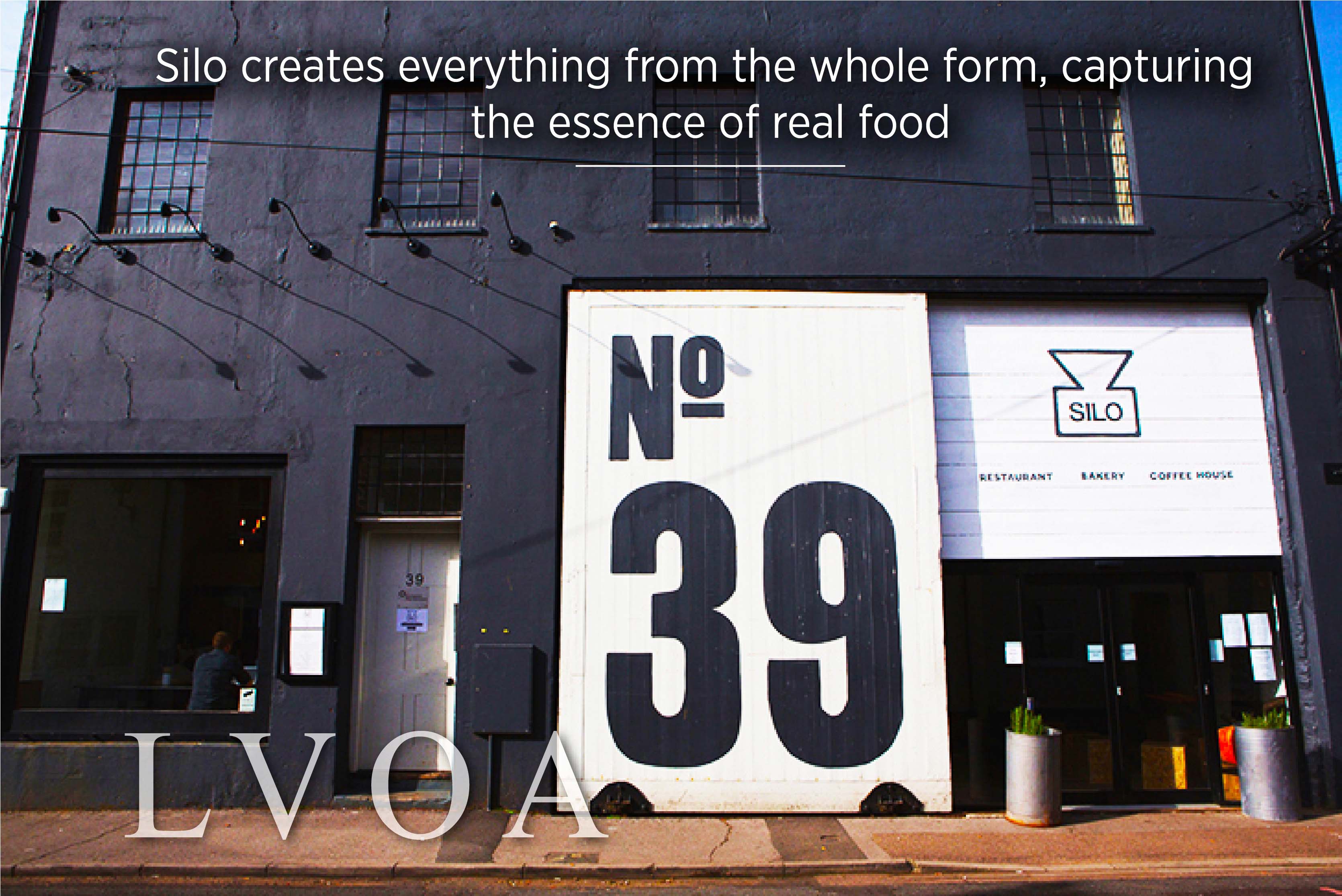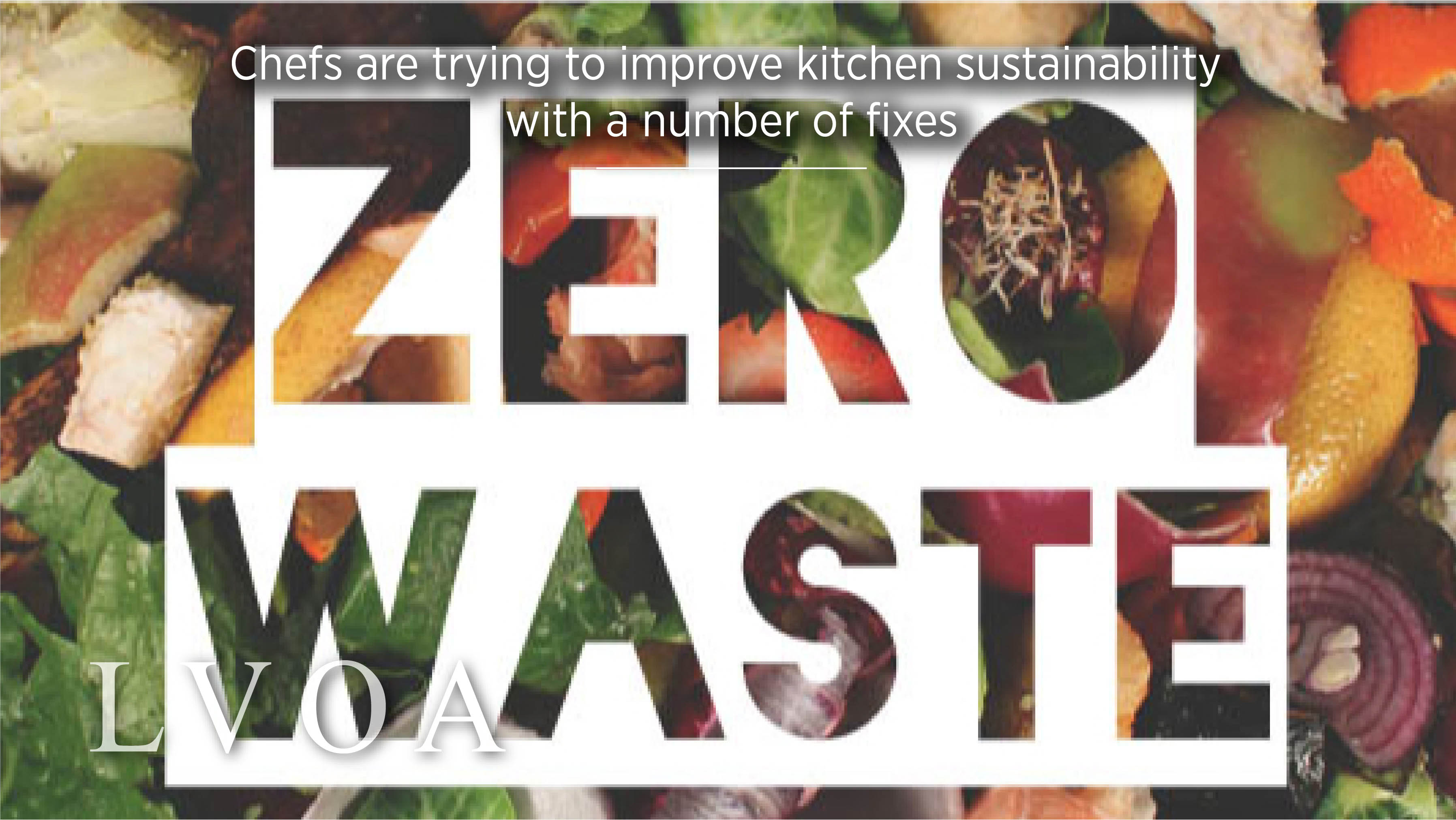Sometimes, it’s too hard to say no to delicious food. Whether it’s a second helping of pancakes at breakfast, an extra serving of mashed potatoes at lunch, or an unnecessary dessert after dinner, we’ve all found ourselves staring at a plate of food knowing that we won’t be able to finish it. Waste is a fundamental part of the restaurant business.
The restaurant industry by nature also generates tons of trash. There’s the food diners don’t finish, and the food scraps that never make it into the dishes. There’s used cooking oil, all the packaging ingredients arrive in, and so many napkins, straws, and disposable cutlery.
Chefs taking sustainability seriously are trying to improve kitchens that are practically designed to pump out garbage with a number of imaginative fixes. They are bent on reducing waste, one compost heap at a time.
Allure of zero waste dining
A new kind of restaurant experience is catching the attention of diners as restaurants are trying to make zero-waste cool by bringing it to the fine dining level. Platters of small carefully prepared bites dot tables providing a new kind of restaurant experience.
To keep with the theme restaurants are also conveying the message with rooms lined with speckled walls made with recycled plastic and dotted with biodegradable packaging material.
The new breed of restaurateurs swear that by adopting a zero-waste mentality and sticking to it through thick and thin has helped them eliminate the 154,323 pounds of waste the average restaurant produces a year.
Zero-waste means restaurants compost all food scraps, seek to use local ingredients that would have otherwise been trashed, and don’t let anything wrapped in single-use packaging through the door. While adopting such strict standards may seem impossible, it is workable as many suppliers are willing to switch over to reusable packaging relatively easily, it just takes a bit of persistence.
Typically in zero-waste restaurants you won’t find any sort of paper product anywhere which means no menus, but this plays into the overall goal to adopt an ever-changing, hyper-local food philosophy. Restaurants globally are realising that more money can be made with a zero-waste approach and are already starting to make changes and it’s happening fast.
While restaurants in the US, UK and Europe are already familiar with the zero-waste philosophy, restaurants in the Asean region are catching up fast:
Ijen Restaurant
The first restaurant in Indonesia to follow a zero-waste philosophy, Ijen serves fresh seafood caught locally using a hand-reeling process in a spacious environment built from recycled materials. The daily selection of wood-fired fish is complemented by a range of creative plant dishes like roasted cauliflower with keluwek tahini, pickled tropical fruits and grilled bean salad.
Ijen also offers signature conscious cocktails with in-house made spirits and the ingredient by-product is reused whenever possible. All food remnants are sent to Ijen’s own composting site nearby or to local farms, while the menus are printed on sustainably harvested paper and bound to boards made from recycled truck tyres.
The dining area comprises of furniture made from foam off cuts and recycled wood, the floor is poured from a mix of broken plates, glasses and cement, and the lighting is LED, all working towards its evolution to become a waste-free, circular brand.
Ritual in Makati, Philippines
If you’re looking for a laid-back coffee shop that serves a great ambiance and a terrific cup, Ritual is the place to go. The shop also sells locally and ethically sourced food, ingredients, and household supplies, Ritual has a lot of interesting stuff not found anywhere else in Manila (like different types of traditional sauces from different regions) since they are sourced directly from the farmers/producers. Ritual has good coffee and hot chocolate (with coconut milk and coconut sugar) and random homemade alcoholic drinks. Ritual also sells coconut sugar, muscovado sugar, borax, coffee beans, raw and roasted cashew nuts, environment friendly laundry soap and organic products by weight.
Heirloom in Charlotte, North Carolina
Sustainability is at the core especially when it comes to reducing food waste. One of the ways is through our whole vegetable utilisation programme where every bit of every ingredient that comes through the kitchen is used keeping food cost low and profits up, driving creativity among staff, and encourages customers to experiment with ingredients they may not often come across.
Nolla in Helsinki, Finland
Nolla emerged from frustration over seeing how products are treated in the kitchens and how unnecessary products are wasted. Apart from reusable delivery packaging all biowaste ends up in an in-house computer that converts bio mass to dry fertilizer in only 24 hours. The compost is returned to farmers for use on the fields.
Miller Union in Atlanta, Georgia
Miller Union is on a continuous search to find new ways to maximise purchase yields and discover new ways of making flavours and textures by incorporating scraps into no waste. Meat scraps get turned into charcuterie, sausages, specials, or a component in the staff’s family meal. Green stems end up in purées, sauces, chow chow, or as textures in a dish. Fennel fronds, carrot greens, or leek tops find their way into braises, stocks, cures, or an herb sauce.
Silo in Brighton, England

“Silo was conceived from a desire to innovate the food industry whilst demonstrating respect: respect for the environment, respect for the way our food is generated, and respect for the nourishment given to our bodies. This means that we create everything from its whole form cutting out food miles and over-processing, while preserving nutrients and the integrity of the ingredients in the process. By creating everything on site from the whole form, we can capture real food, and real food tastes better.”
Nine Lives, London
Nine Lives is a basement cocktail bar in London that proves that not only is zero waste dining possible, zero waste drinking is too. Nothing is wasted and each ingredient is ethically sourced.
The restaurant even makes ‘loops’ which are drinks made using spare ingredients from other drinks, such as lemon rinds. There isn’t a single-use plastic straw in sight.
And in the back garden, there are lovingly tended fruit and vegetable patches, all planted in upcycled speakers and filing cabinets.
If you like what you just read click follow Larry Van Ooyen Associates Ltd and stay tuned for more articles from our Associates..







